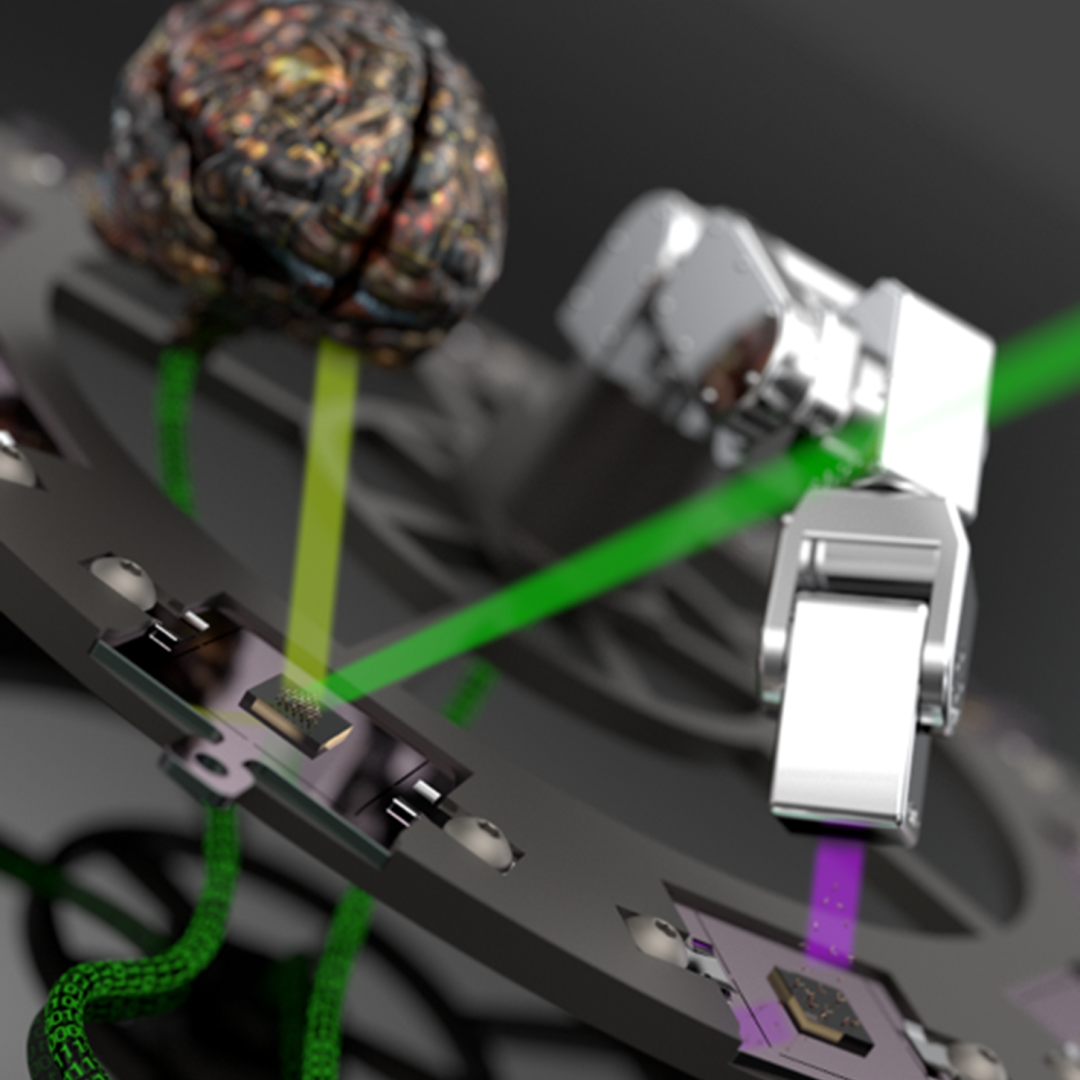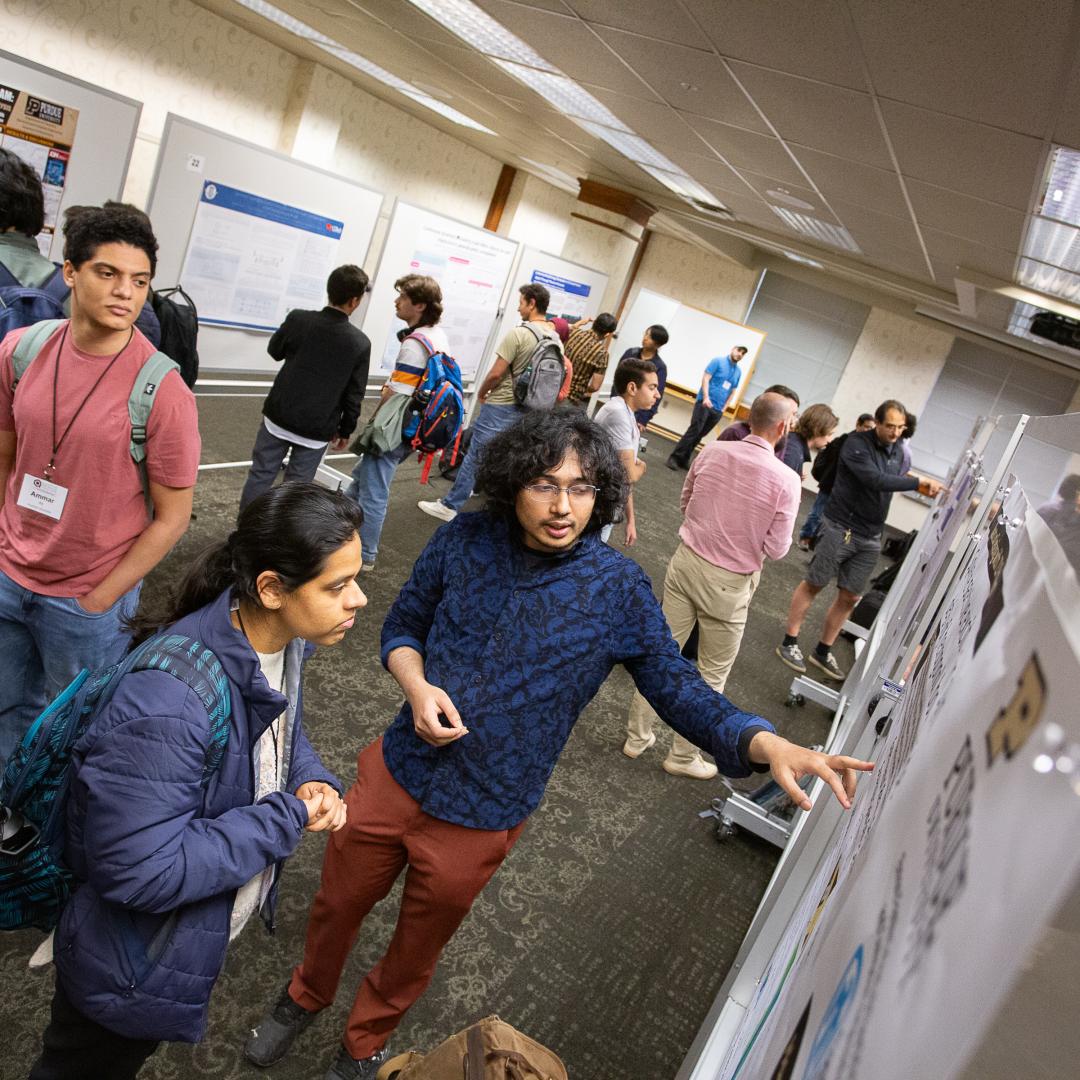Filter News
Area of Research
News Topics
- (-) Decarbonization (2)
- (-) Space Exploration (3)
- 3-D Printing/Advanced Manufacturing (7)
- Advanced Reactors (5)
- Artificial Intelligence (7)
- Big Data (7)
- Biomedical (1)
- Buildings (2)
- Chemical Sciences (1)
- Clean Water (4)
- Climate Change (4)
- Composites (2)
- Computer Science (15)
- Critical Materials (1)
- Cybersecurity (1)
- Energy Storage (7)
- Environment (9)
- Fusion (3)
- Grid (3)
- High-Performance Computing (2)
- ITER (1)
- Machine Learning (5)
- Materials (2)
- Materials Science (11)
- Microscopy (2)
- Molten Salt (1)
- Nanotechnology (2)
- Neutron Science (9)
- Nuclear Energy (9)
- Physics (2)
- Polymers (2)
- Quantum Science (3)
- Simulation (2)
- Summit (2)
- Sustainable Energy (4)
- Transportation (9)
Media Contacts
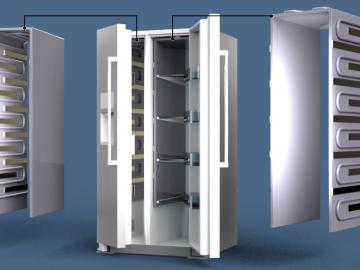
A technology developed by Oak Ridge National Laboratory works to keep food refrigerated with phase change materials, or PCMs, while reducing carbon emissions by 30%.
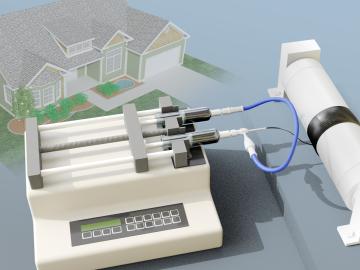
ORNL researchers have developed a novel way to encapsulate salt hydrate phase-change materials within polymer fibers through a coaxial pulling process. The discovery could lead to the widespread use of the low-carbon materials as a source of insulation for a building’s envelope.
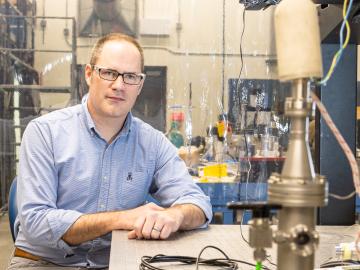
If humankind reaches Mars this century, an Oak Ridge National Laboratory-developed experiment testing advanced materials for spacecraft may play a key role.
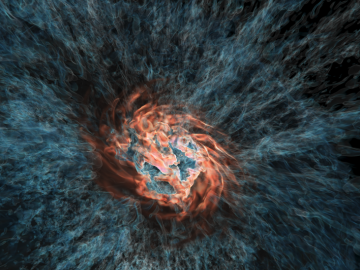
Using the Titan supercomputer at Oak Ridge National Laboratory, a team of astrophysicists created a set of galactic wind simulations of the highest resolution ever performed. The simulations will allow researchers to gather and interpret more accurate, detailed data that elucidates how galactic winds affect the formation and evolution of galaxies.
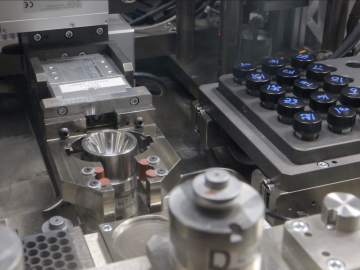
By automating the production of neptunium oxide-aluminum pellets, Oak Ridge National Laboratory scientists have eliminated a key bottleneck when producing plutonium-238 used by NASA to fuel deep space exploration.


